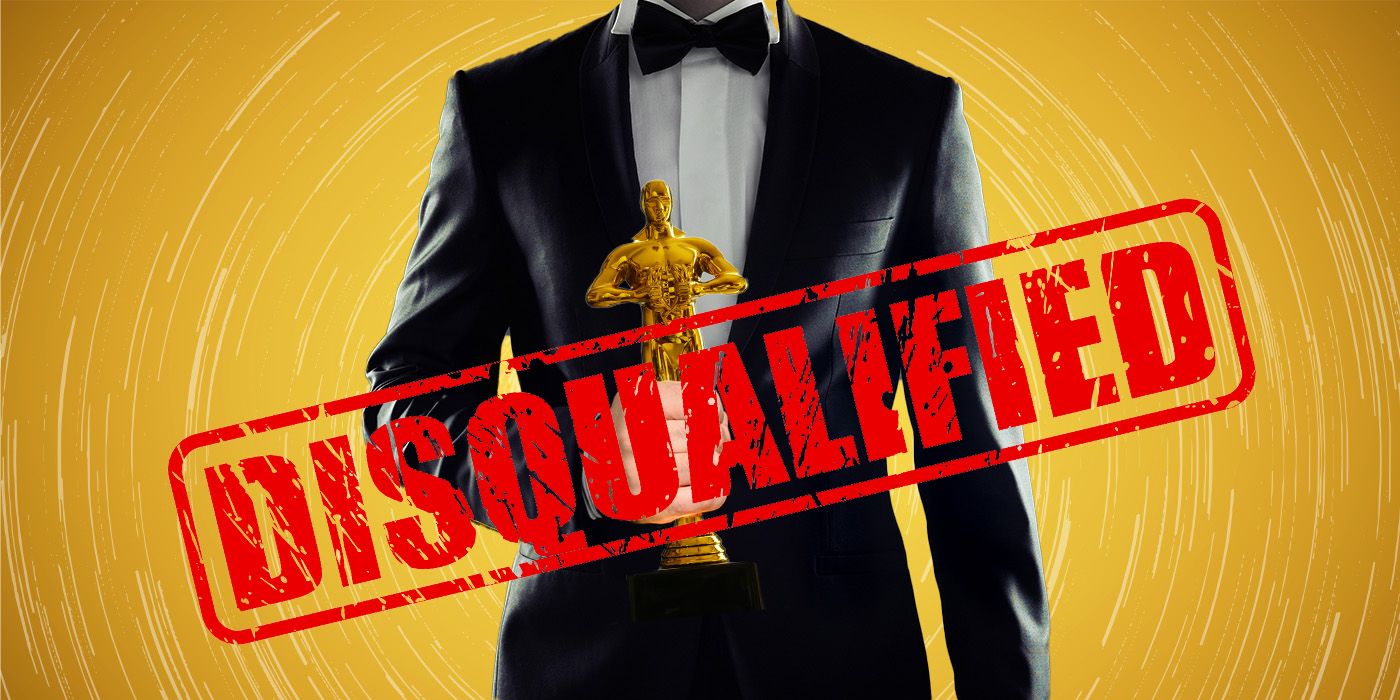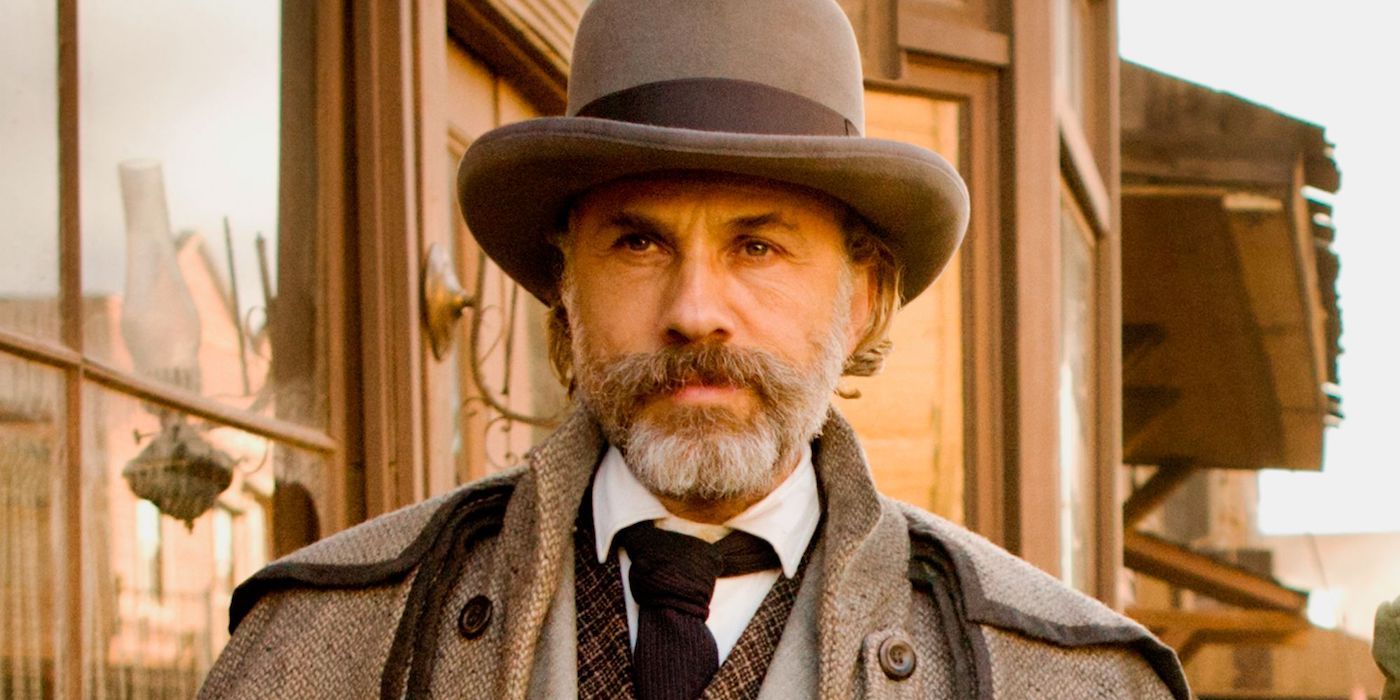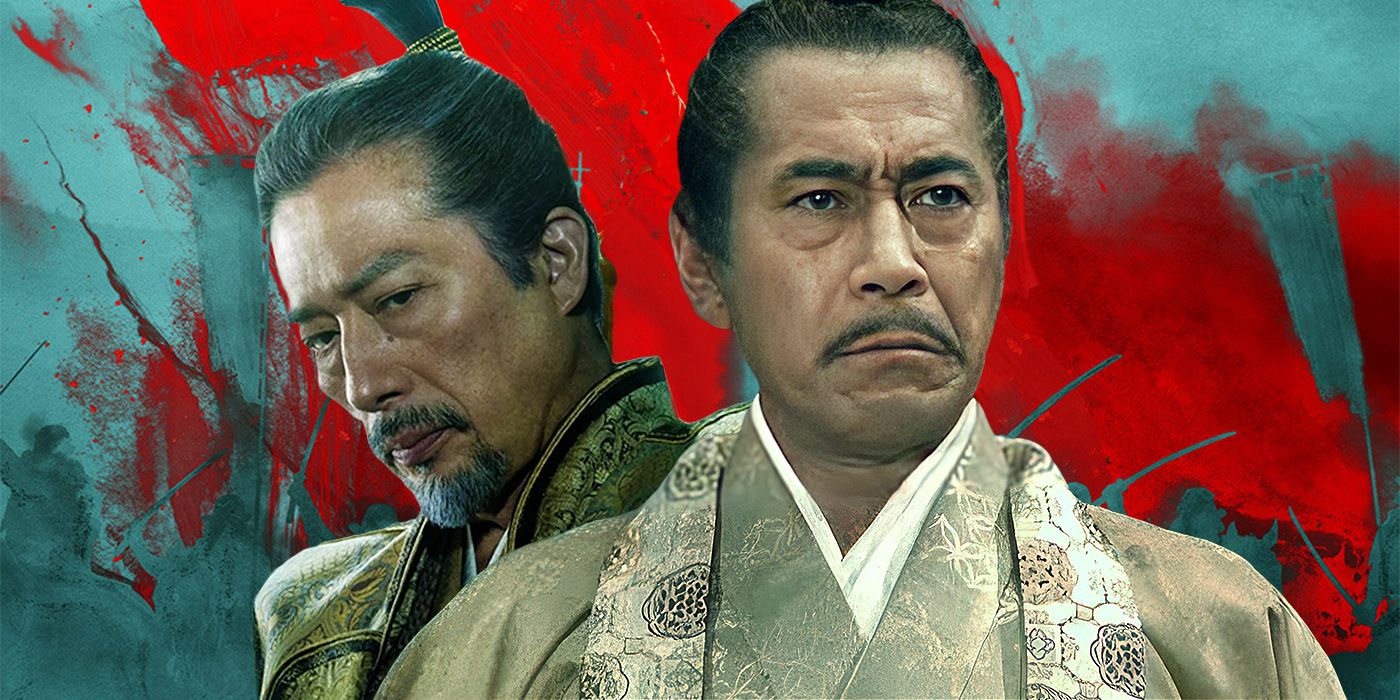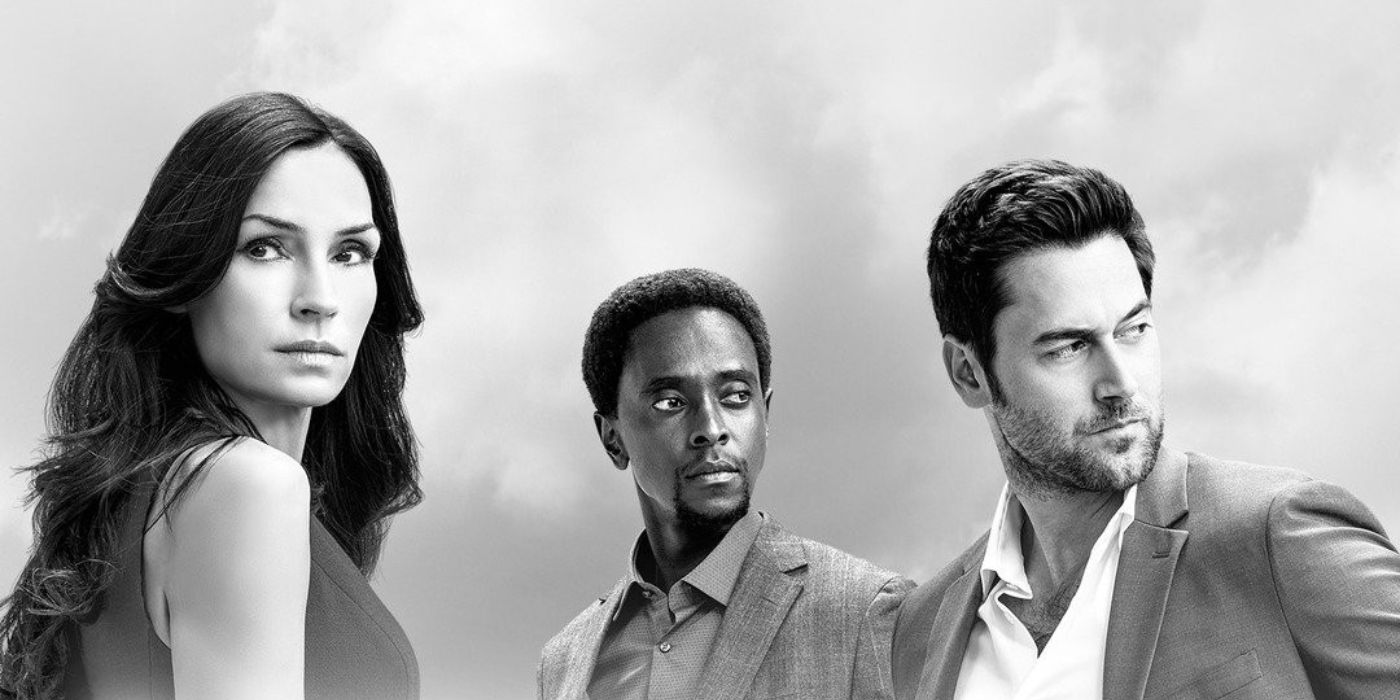The Big Picture
- In 1969, the documentary
Young Americans
had its Best Documentary Feature Oscar taken away after the Academy found out that it was shown in a theater in 1967 and therefore was no longer eligible. - The Academy Awards eligibility rules require films to be released in American theaters the year prior to the ceremony to be eligible for nomination.
- While other films have had nominations revoked for various reasons,
Young Americans
is the only Oscar winner to have its prize rescinded.
Back in 2017, when the producers of La La Land had to give away the Best Picture trophy to the people responsible for Moonlight, they certainly felt the earth being swept from beneath their feet. After all, they had just won the big prize of the night only to have it taken away — except that’s not really what happened, of course. On that fateful night, everything could be summed up to technical issues: Warren Beatty and Faye Dunaway, the presenters of the Best Picture prize, were simply given the wrong envelope to read from. La La Land never actually won any Oscars that were subsequently taken away from it. It was all just an honest, albeit embarrassing, mistake. The Academy would never take away an Oscar after announcing its rightful winner, right? Wrong. As it turns out, there has indeed been a movie that’s had its big prize taken away retroactively. The thing that never happened to La La Land did indeed befall a documentary by the name of Young Americans.
The year was 1969. Directed by Alexander Grasshoff, Young Americans — not to be confused with the 1993 Harvey Keitel-starring crime drama The Young Americans — was a big contender in the Best Documentary Feature category at the Academy Awards. The movie was up against Journey Into Self, A Few Notes on Our Food Problem, The Legendary Champions, and Other Voices. The film focuses on the titular choir group made up of young, wholesome singers who toured and performed across America. The group that emerged in the 60s as a squeaky clean alternative to the sex, drugs, and rock’n’roll atmosphere of the time exists up to this day and, as of 2019, had about 350 active members in its ranks.
Young Americans
A behind-the-scenes look at the Young Americans, a show choir made up of young singers who project an image of all-American wholesomeness as they tour the country and perform.
- Release Date
- May 7, 1969
- Director
- Alexander Grasshoff
- Runtime
- 104 minutes
Why Was ‘Young Americans’ Disqualified From the 1969 Oscars?
Big representatives of a movement that became known as “choircore,” the Young Americans were loved and hated in equal amounts. However, there is no doubt that the Academy loved Grasshoff’s documentary chronicling the days and nights of its young members on the road. On a night in which Oliver! was crowned Best Picture and that featured winners such as Mel Brooks (Best Original Screenplay for The Producers) and Katharine Hepburn (tied for Best Actress for The Lion in Winter), Young Americans was deemed to be the best documentary feature of 1968. There was only one problem: Young Americans did not come out in 1968.
To be eligible for an Academy Award, a movie must have been released commercially in American theaters sometime in the year prior to the ceremony. Thus, in order to have been nominated for an Oscar in 1969, a movie was supposed to have come out between January 1, 1968, and December 31, 1968. However, a few weeks after Young Americans took home the award for Best Documentary Feature, the Academy found out that the movie had been shown in at least one theater in 1967.

The Oscars Just Added Their First New Competitive Award in Over 20 Years
Best Casting Director will be awarded for the first time at the 2026 Oscars.
According to Grasshoff’s wife, Madilyn Clark Grasshoff, the director and producer Robert Cohn received personal phone calls from then Academy president Gregory Peck, who asked them to give back the trophies. Speaking with the LA Times after her husband’s death, in 2008, Clark Grasshoff considers the “do-over” to have been unfair. “What happened was, it was a trial sneak preview in some little town in, like, North Carolina,” she says. “I don’t know why they didn’t fight it, because it was not released.” But Grasshoff and Cohn did not complain, at least not publicly, and, on May 8, 1969, Journey Into Self, a film about a 16-hour-long group therapy session, was awarded with the statuettes that had once belonged to Young Americans. Nowadays, Grasshoff’s film isn’t even listed among the 1969 nominees on the Academy’s website.
No stranger to the Academy Awards, Grasshoff continued to receive nominations even after the whole Young Americans debacle. Perhaps the feeling that he might one day get another shot at the Oscars was even one of the things that kept him from fighting harder for Young Americans. Still, despite having been nominated in 1974 for Journey to the Outer Limits, Grasshoff didn’t win, just like he didn’t make it in 1967, when his The Really Big Family lost Best Documentary Feature to Peter Watkins’ The War Game. He would go one to win Primetime Emmys for projects such as the 1981 fictional TV film The Wave, but he never again took home an Oscar.
‘Young Americans’ Isn’t the Only Movie To Have an Oscar Nomination Revoked
While the Young Americans debacle marks the only time the Academy actually took back a prize that it had given away, there have been other instances of films that had their nominations revoked. In 2012, a live-action short film had a fate extremely similar to Grasshoff’s movie: after the Academy Awards ceremony was held, it was discovered that Hallvar Witzø’s Tuba Atlantic had been shown before 2011 on Norwegian television. Thankfully, the big winner that night was Terry George and Oorlagh George’s The Shore, so the Academy’s president didn’t have to make any phone calls asking for trophies back. Still, the Academy’s website now lists only four nominees for Best Live-Action Short Film in 2012: The Shore, Pentecost, Raju, and Time Freak.
In 1993, A Place in the World’s nomination for Best Foreign Language Film was rescinded after it came to light that the film, Uruguay’s entry to the race, was produced in Argentina with little Uruguayan artistic control. Again, only four nominees went head to head for the ultimate prize: France’s Indochine (the winner), Russia’s Close to Eden, Belgium’s Daens, and Germany’s Schtonk!.
In 1973, only five years after Grasshoff and Cohn had to return their statuettes, the score for The Godfather was taken out of competition after it came to light that composer Nino Rota had used part of the theme in a 1958 film. This time, however, the Academy still had enough wiggle room to course-correct. A new vote was held and five other contenders for Best Original Dramatic Score were chosen: Charles Chaplin, Raymond Rasch, and Larry Russell for the winner Limelight, John Williams for Images, Buddy Baker for Napoleon and Samantha, Williams again for The Poseidon Adventure, and John Addison for Sleuth.
The most recent occurrence of this kind happened in 2014, when songwriter Bruce Broughton was disqualified from the race for using his power as a former Academy governor to campaign for the song Alone Yet Not Alone, featured in the movie of the same name directed by Ray Bengston and George D. Escobar. According to a statement released by the Academy and quoted by The Hollywood Reporter, Broughton was guilty of emailing “members of the branch to make them aware of his submission during the nominations voting period.” Again, only four movies were nominated in the year that the ubiquitous “Let It Go” won the Best Original Song prize: Frozen, Despicable Me 2 (“Happy”), Her (“The Moon Song”), and Mandela: Long Walk to Freedom (“Ordinary Love”).
But Young Americans remains the only Oscar winner to have its prize revoked. Over the past few years, many have wondered if the Academy would take any action to rescind the awards given to banned members, from one-time slapper Will Smith to serial abuser Harvey Weinstein. So far, nothing of the sort has been done. Perhaps it’s time to correct these mistakes. Or perhaps that would be akin to erasing history. Who knows? These questions are certainly much harder to answer than those based on technicalities.
Young Americans is available to stream for free on Tubi in the U.S.
Watch on Tubi




